Construction News
18/03/2010
Six Standards For Landlords Set To Benefit Eight Million Tenants
More than eight million tenants across the country will benefit from new standards the Tenant Services Authority (TSA) has set for all social housing landlords.
In the biggest shake up of social housing regulation in decades, the six standards, drawn up with tenants and landlords up and down the country, will come into effect from 1 April and cover how landlords need to deal with issues such as tenant involvement and empowerment, repairs and maintenance, rents, quality of accommodation, complaints and anti-social behaviour.
The new standards will apply to nearly 1800 social housing providers in England which include housing associations, councils and co-operatives. This means for the first time tenants will get similar levels of protection and services regardless of who their landlord happens to be.
The TSA will also have new enforcement powers to rely on to ensure tenants get a fair deal, which could include issuing enforcement notices and directing the transfer of management.
Published in its new framework, the TSA's six national standards which landlords will need to meet are:
"I am pleased we have achieved a broad consensus amongst tenants and landlords on our co-regulatory approach – one that ensures that poorly performing landlords are quickly identified but a system that lets good performing landlords get on with that they do best – providing excellent services."
(CD/GK)
In the biggest shake up of social housing regulation in decades, the six standards, drawn up with tenants and landlords up and down the country, will come into effect from 1 April and cover how landlords need to deal with issues such as tenant involvement and empowerment, repairs and maintenance, rents, quality of accommodation, complaints and anti-social behaviour.
The new standards will apply to nearly 1800 social housing providers in England which include housing associations, councils and co-operatives. This means for the first time tenants will get similar levels of protection and services regardless of who their landlord happens to be.
The TSA will also have new enforcement powers to rely on to ensure tenants get a fair deal, which could include issuing enforcement notices and directing the transfer of management.
Published in its new framework, the TSA's six national standards which landlords will need to meet are:
- Tenant involvement and empowerment, including customer service, choice and complaints, and understanding and responding to diverse needs
- Home, including repairs and maintenance and quality of accommodation
- Tenancy, including allocations, rent and tenure
- Neighbourhood and community, including neighbourhood management, local area co-operation and anti-social behaviour
- Value for money
- Governance and financial viability
"I am pleased we have achieved a broad consensus amongst tenants and landlords on our co-regulatory approach – one that ensures that poorly performing landlords are quickly identified but a system that lets good performing landlords get on with that they do best – providing excellent services."
(CD/GK)

29/01/2025
Caddick Construction has been awarded a £43 million contract to deliver the first phase of Cole Waterhouse's flagship regeneration scheme in Digbeth, Birmingham.
The project, known as Upper Trinity Street, marks a significant step in the area’s transformation.
Spanning 182,986 square feet, the re

29/01/2025
McLaren Construction has been appointed by O&H Properties to deliver the first phase of a £60 million Foster & Partners-designed development at the corner of New Bond Street and Grafton Street in London’s West End.
The seven-storey, 5,400 square metre prime retail and office scheme will feature ret

29/01/2025
GMI Construction Group has been awarded a contract to develop three high-specification warehouse units totalling over 175,000 square feet at Precedent Drive, Milton Keynes.
The £20 million project, commissioned by DV5 Last Mile Developments (UK) Ltd, a joint venture between Coltham and Delancey Re
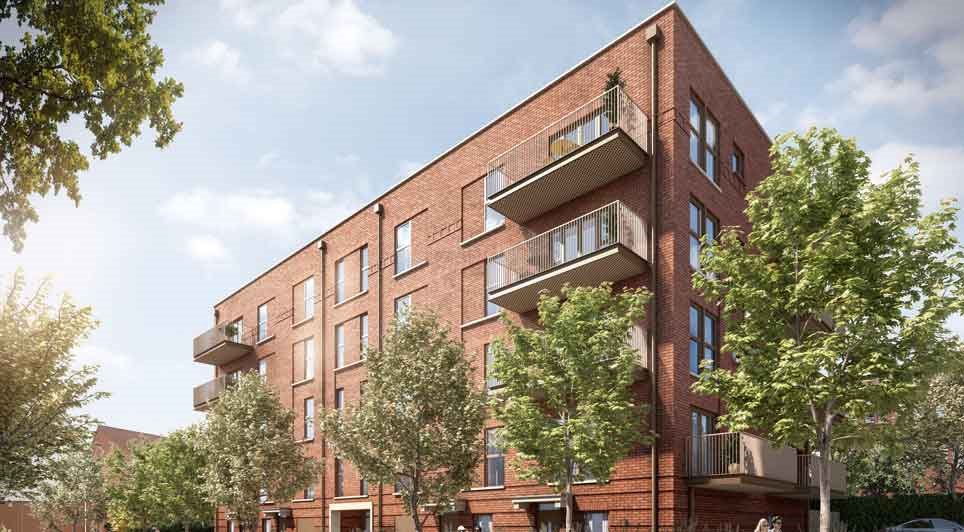
29/01/2025
Plans for 106 sustainable new homes in Southville, a neighbourhood in South Bristol, have been approved as the city seeks to increase housing delivery to address growing demand.
Top 10 award-winning housebuilder The Hill Group will create a £60 million development on Raleigh Road, on land that was
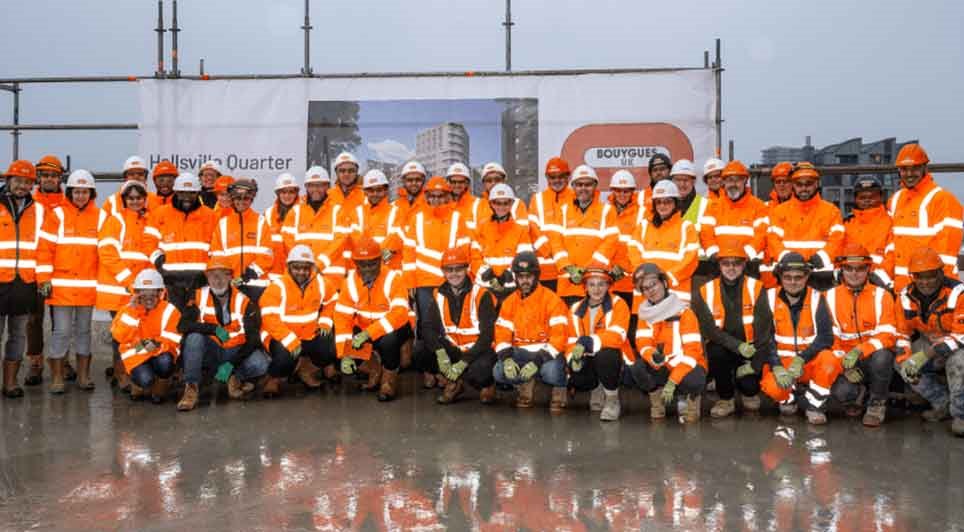
29/01/2025
Bouygues UK has reached a major milestone in the fourth phase of the Hallsville Quarter regeneration project in Canning Town, London.
The project, part of the £3.7 billion Canning Town and Custom House Regeneration Programme, recently held a topping out ceremony, marking the completion of the 11-s
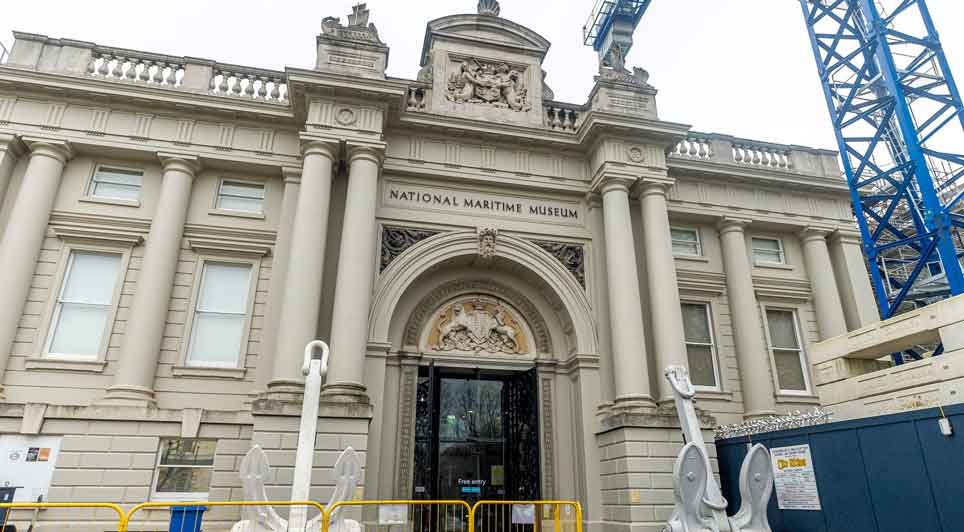
29/01/2025
Willmott Dixon Interiors is carrying out a significant upgrade to the roof of the National Maritime Museum in Greenwich, one of London's most iconic cultural landmarks.
As part of the £12 million project, the company is installing over 23,000 square feet of sun-protected glazing above the museum’s
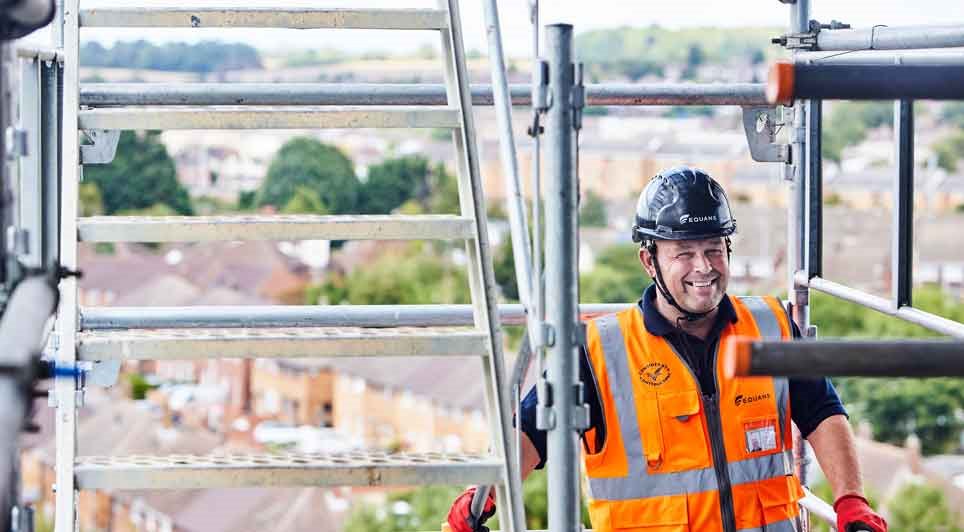
29/01/2025
Equans has been appointed by Babergh and Mid Suffolk District Councils to carry out crucial decarbonisation work across the councils' housing stock, using funding secured through the Social Housing Decarbonisation Fund (SHDF).
The councils used the South East Consortium's Zero Carbon Framework to s
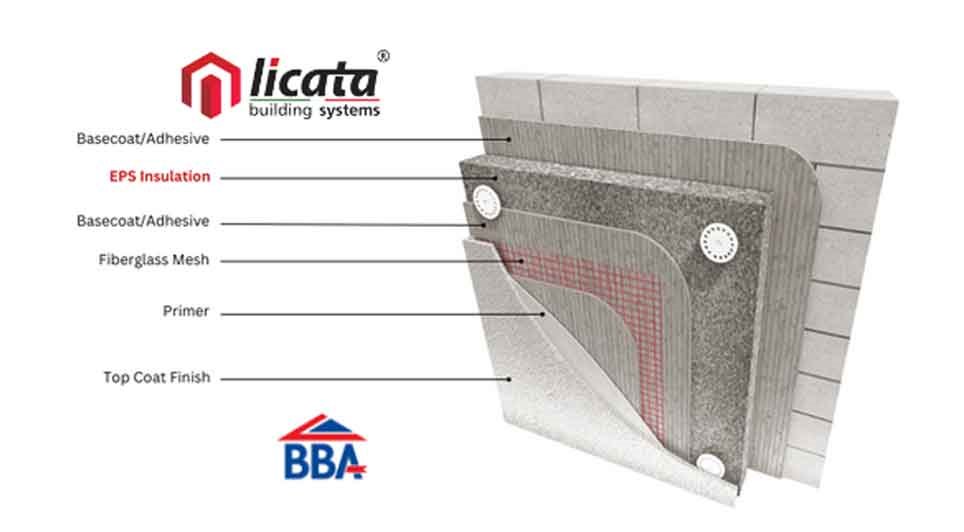
29/01/2025
In the world of construction, the quest for energy efficiency and sustainability is ever-evolving. Among the array of solutions available, EPS (Expanded Polystyrene) insulation stands out as a versatile and effective option for enhancing the thermal performance of buildings, particularly when used f

29/01/2025
BCP Council has completed significant coastal protection works at Hamworthy Park, ensuring its resilience against erosion for the next 20 years.
A 200-metre stretch of sea wall along the eastern promenade has been reinforced using low-carbon concrete, while new steps have been constructed to improv

29/01/2025
Geo-environmental consultancy and remediation contractor, The LK Group, has strengthened its team with a trio of recruits.
The multidisciplinary company's latest raft of hires comprises a new director, associate director and remediation manager.
The geo-environmental specialist, headquartered i
 UK
UK Ireland
Ireland Scotland
Scotland London
London











